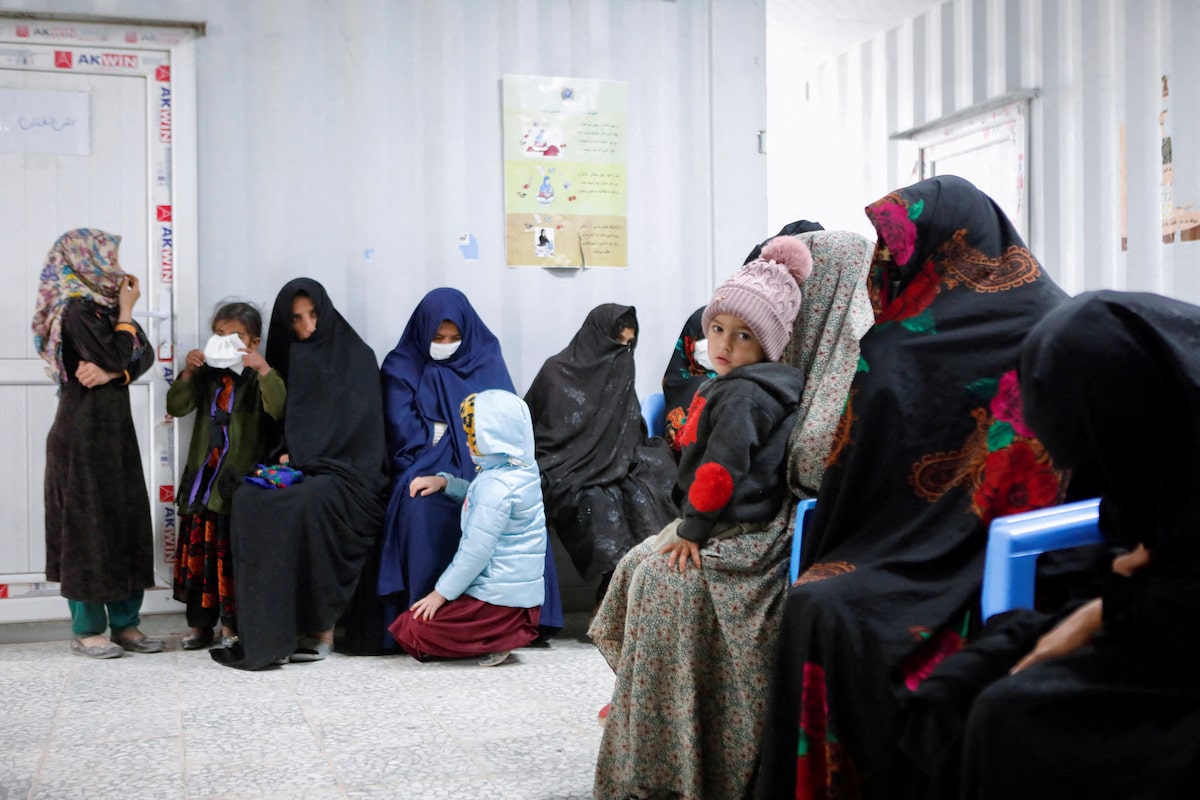The United Nations has issued a dire warning regarding the potential impact of the recent U.S. funding pause on maternal health services in Afghanistan. According to Reuters citing a U.N. official, the suspension of U.S. foreign development assistance could lead to the loss of vital sexual and reproductive health services for millions of Afghans, with over 1,000 additional maternal deaths projected between 2025 and 2028.

Pio Smith, Regional Director for Asia and the Pacific at the U.N. Population Fund (UNFPA), highlighted the severe consequences of the funding cut. He stated that over 9mn Afghans, including 1.2mn refugees in Pakistan, would be deprived of essential health services due to the closure of health facilities. Afghanistan already faces one of the highest maternal mortality rates in the world, with a mother dying from preventable pregnancy complications every two hours.
"Without the necessary funding, women in Afghanistan will be forced to give birth alone in unsanitary conditions. Newborns will die from preventable causes," Smith said during a Geneva press briefing. "These are some of the world's most vulnerable people."
The funding pause, initiated by former U.S. President Donald Trump, was part of a broader review of foreign development assistance. Trump also reinstated U.S. participation in international anti-abortion pacts, resulting in the cessation of U.S. family planning funds for organizations that provide or promote abortion services.
Smith warned that the absence of U.S. support could exacerbate maternal health issues in Afghanistan. He projected that the funding gap would lead to an additional 1,200 maternal deaths and 109,000 unintended pregnancies in the country over the next four years.
In the broader Asia-Pacific region, UNFPA relies on approximately $94mn in U.S. funding. The funding pause is also affecting other regions. Riva Eskinazi, Director of Donor Relations at the International Planned Parenthood Federation (IPPF), expressed concerns that the funding halt would force the organization to cease family planning and reproductive health services in West Africa. Eskinazi predicted an increase in unintended pregnancies and maternal deaths as a result of the funding shortfall.
IPPF, a global network of national organizations advocating for sexual and reproductive health, estimates that it will lose at least $61mn in U.S. funding over the next four years in 13 countries, primarily in Africa.
Follow Daryo's official Instagram and Twitter pages to keep current on world news.
Comments (0)